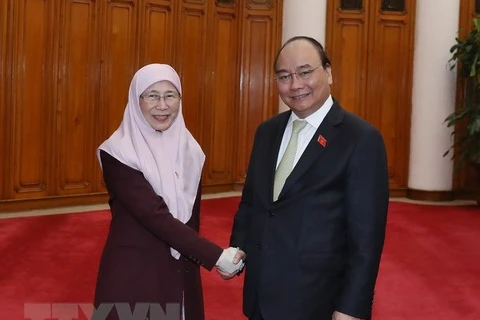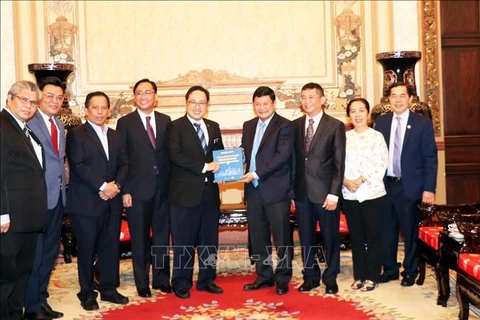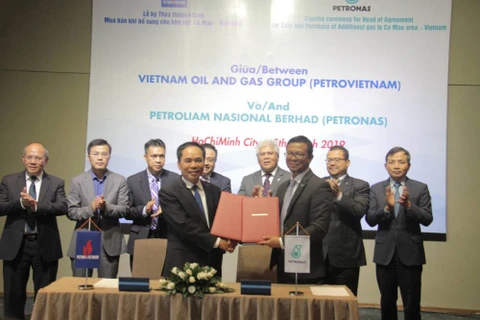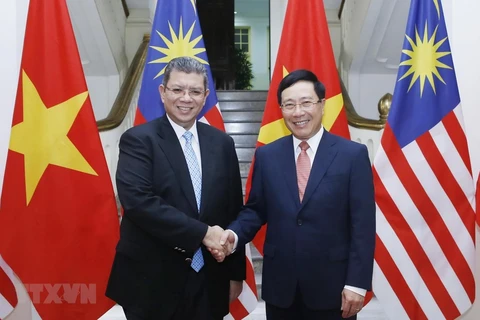 Nguyen Tuan, Deputy Director for the Investment & Trade Promotion Centre of HCM City (ITPC) (Source: VNA)
Nguyen Tuan, Deputy Director for the Investment & Trade Promotion Centre of HCM City (ITPC) (Source: VNA) HCM City (VNA) – Malaysia is one of the export markets in the Association of Southeast Asian Nations (ASEAN) holding the most potential for Vietnam, especially for agricultural products, seafood, foodstuff, and beverages, experts noted at a workshop in Ho Chi Minh City on May 22.
Nguyen Tuan, Deputy Director for the Investment & Trade Promotion Centre of HCM City (ITPC), said that economic and trade cooperation between Vietnam and Malaysia has posted growth in recent years.
Vietnam is the second biggest trade partner of Malaysia, while Malaysia is the fourth largest trade partner of Vietnam in ASEAN.
Two-way trade in 2018 reached nearly 11.5 billion USD. Vietnam exported computers, electronic products and spare parts, mobile phones, iron and steel, glass products, transport vehicles, garment-textiles, and wood and timber products to Malaysia; while importing petroleum, electronic components, plastics, chemicals, and textiles from the market.
By the end of 2018, Malaysia had 586 valid products and was the eighth biggest investor among countries and territories investing in Vietnam, with the total investment of nearly 12.5 billion USD.
Faizal Izany Mastor, Malaysian Trade Counsellor in HCM City, said Vietnam and Malaysia are important trade partners in ASEAN.
He suggested the two countries enhance trade promotion activities to realise the bilateral trade target of 15 billion USD in 2020.
Zukarnine Shaz Zainal Abidin, a representative from Halal Internationl Selagor, said one of the fields that Vietnam and Malaysia could promote cooperation is developing the production of food and beverages to meet Halal requirements.
It is expected that by 2030, the scale of the global Halal industry will be worth up to 30.6 trillion USD, including 1.1 trillion USD in the Asia-Pacific, of which Malaysia will hold some 228.5 billion USD.
Vietnamese farm produce and seafood products (excluding pork) are able to meet the Muslim food standards, he said, adding that when Vietnamese products receive Halal certification, they could be exported to Malaysia, as well as the global Muslim market with population projected at 2.7 billion people in 2020.
He suggested Vietnamese firms carefully study the Malaysian market and develop international marketing skills.
Dato’ Teng Chang Kim, member of the Executive Board of Selagor state, held that the cooperation opportunities between Vietnamese and Malaysian small- and medium-sized enterprises are huge. While Vietnam has good export ability, Malaysia has advantages to develop services supporting import-export, marketing, and distribution of products.
Vietnamese export firms could coordinate with Malaysian service companies to promote the distribution of goods to the regional market, he said. –VNA
VNA























